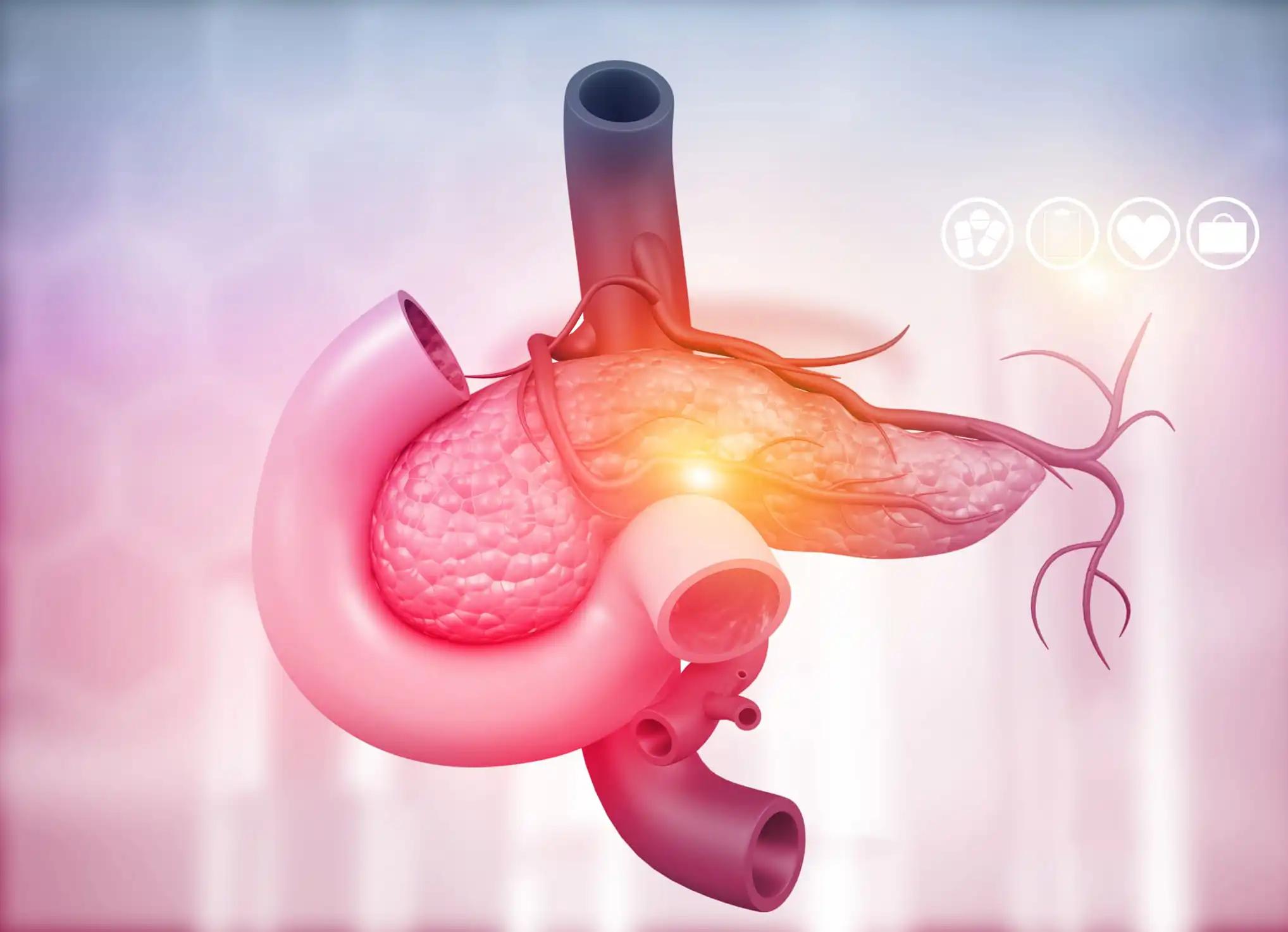KEY TAKEAWAYS
- The study aimed to analyze RMGs in HCC and their links to survival and clinical features.
- The model predicted outcomes and reflected the immune microenvironment, aiding cancer diagnosis and therapy.
Hepatocellular carcinoma (HCC), a type of liver cancer, is a prevalent malignant tumor within the digestive system. RNA methylation significantly influences tumorigenesis and metastasis by affecting gene expression through various mechanisms, including RNA splicing, stability, translocation, and translation.
Luzheng Liu and the team aimed to comprehensively analyze RNA methylation-related genes (RMGs) in HCC and evaluate their associations with patient survival and clinical features.
Researchers conducted a retrospective analysis using publicly available HCC datasets. They identified genes with different expression levels between HCC and healthy controls from TCGA-LlHC and focused on RMGs.
They also analyzed these genes for their prognostic value and construct risk models. Clinical, immune infiltration, and treatment efficacy analyses were also carried out. Independent risk factors were identified using multivariate Cox regression, and the core genes were validated through quantitative real-time polymerase chain reaction (qRT-PCR).
The results showed that A 21-gene risk model for HCC showed excellent performance through ROC curves and survival analysis. The risk scores were linked with tumor grade, pathologic T, and TNM stage. Immune infiltration analysis revealed connections with immune scores, 11 immune cells, and 30 immune checkpoints.
Patients with low risk had better responses to immunotherapy. Both the risk score and TNM stage were independent prognostic factors. qRT-PCR confirmed higher levels of PRDM9, ALPP, and GAD1 in HCC.
The study concluded that RNA methylation-related signature genes in HCC were identified, and a risk model was developed. This model predicts patient outcomes and reflects the immune microenvironment, offering potential utility for cancer diagnosis, prognosis, and therapy.
The study was funded by the Hainan Province Science and Technology Special Fund and the National Natural Science Foundation of China.
Source: https://pubmed.ncbi.nlm.nih.gov/39155614/
Liu L, Chen J, Ye F, et al. (2024). “A Novel RNA Methylation-Related Prognostic Signature and its Tumor Microenvironment Characterization in Hepatocellular Carcinoma.” Technology in cancer research & treatment, 23, 15330338241276895. https://doi.org/10.1177/15330338241276895



